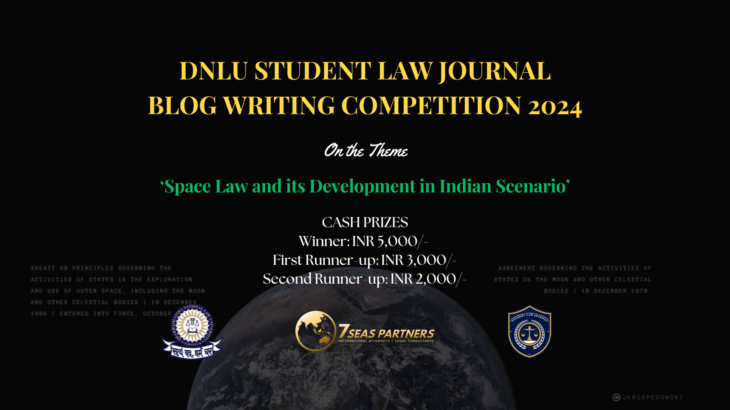Fan fiction and fan art have generated a symphony of creation that has peaked as a boisterous revolt. They have advanced from the underground to the front, establishing a parallel narrative universe that dances on the verge of mainstream awareness and irreversibly alters how narratives are communicated. As a result of the fact that they are theoretically based upon original works of art, fan-art and fan fiction are officially considered to be examples of derivative works. What exactly is the source of the problem? A problem occurs whenever there is a danger to the original author’s right to maintain their exclusivity. In line with the law of intellectual property rights, every artist is given protection for their work. This is the reason why fan fictions provide a significant challenge to the copyright characteristics of the original artwork. Fan fictions are considered secondary art, and as such, they present a significant risk of copyright infringement.









